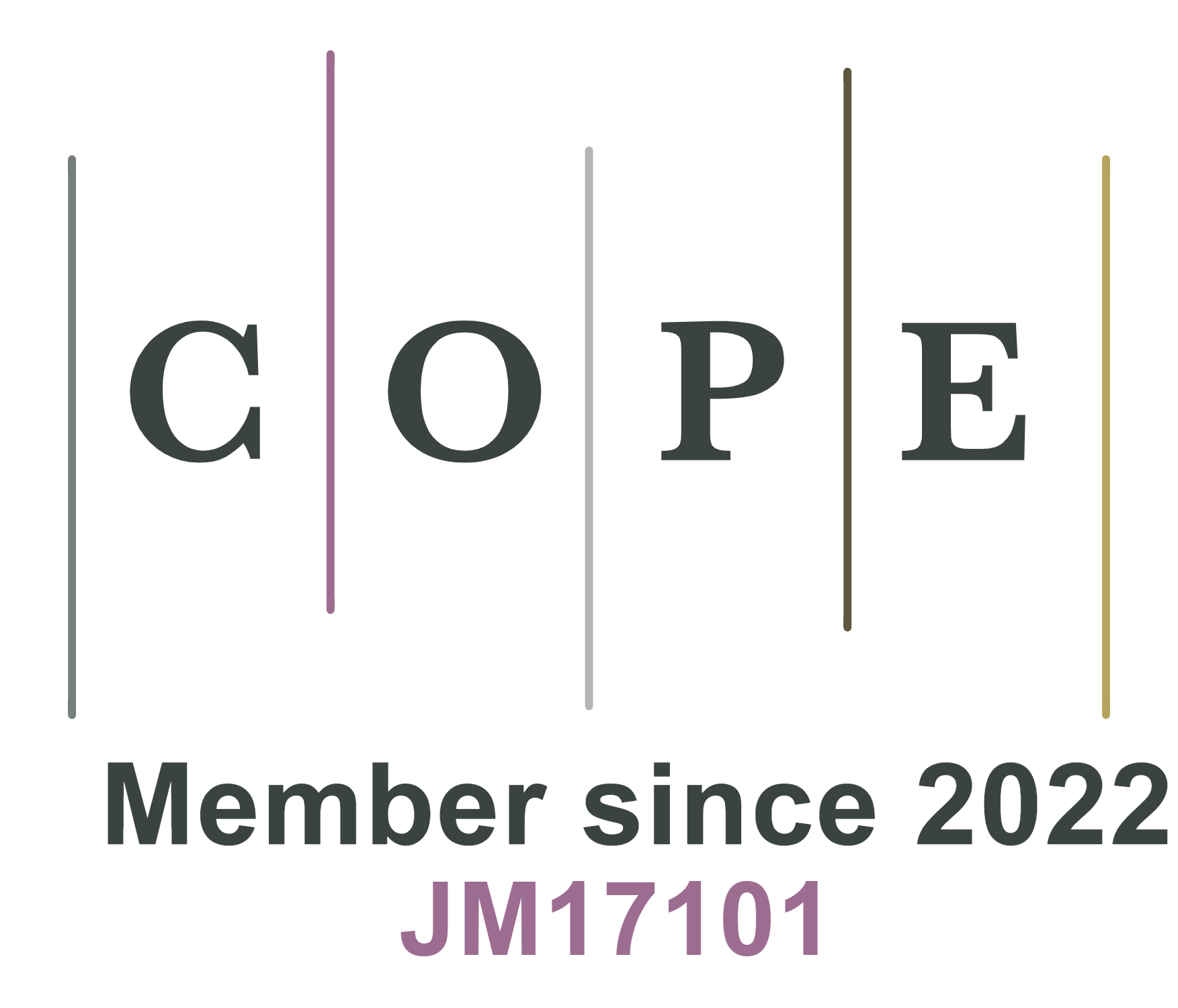Article | Open Access
Lithium-rich, oxygen-deficient spinel obtained through low-temperature decomposition of heterometallic molecular precursor
Views: 22
Energy Mater 2024;4:[Accepted].
Author Information
Article Notes
Cite This Article
Abstract
A heterometallic single-source molecular precursor Li2Mn2(tbaoac)6 (1, tbaoac = tert-butyl acetoacetato) has been specifically designed to achieve the lowest decomposition temperature and a clean conversion to mixed-metal oxides. The crystal structure of this tetranuclear molecule was determined by single crystal X-ray diffraction, and the retention of heterometallic structure in solution and in the gas phase was confirmed by the NMR spectroscopy and mass spectrometry, respectively. Thermal decomposition of this precursor at the temperatures as low as 310 oC resulted in a new metastable oxide phase formulated as Li-rich, oxygen-deficient spinel Li1.5Mn1.5O3.5. This formulation was supported by a comprehensive suite of techniques including thermogravimetric/differential thermal analysis (TGA/DTA), elemental analysis, inductively coupled mass spectrometry (ICP-MS), iodometric titration, X-ray photoelectron spectroscopy (XPS), high resolution transmission electron microscopy studies (HR-TEM), and Rietveld refinement from powder X-ray diffraction data. Upon heating to about 400 oC, this new low-temperature phase disproportionates stoichiometrically, gradually converting to layered Li2MnO3 and spinel Li1+xMn2-xO4 (x < 0.5). Further heating to 750 oC results in formation of thermodynamically stable Li2MnO3 and LiMn2O4 phases.
Keywords
Heterometallic molecular precursor, thermal decomposition, lithium-manganese oxide, lithium-rich spinel, oxygen-deficient spinel
Cite This Article
Zhang Y, Wei Z, Batuk M, Hadermann J, Filatov AS, Chang J, Han H, Abakumov AM, Dikarev EV. Lithium-rich, oxygen-deficient spinel obtained through low-temperature decomposition of heterometallic molecular precursor. Energy Mater 2024;4:[Accept]. http://dx.doi.org/10.20517/energymater.2024.213
Copyright
© The Author(s) 2025. Open Access This article is licensed under a Creative Commons Attribution 4.0 International License (https://creativecommons.org/licenses/by/4.0/), which permits unrestricted use, sharing, adaptation, distribution and reproduction in any medium or format, for any purpose, even commercially, as long as you give appropriate credit to the original author(s) and the source, provide a link to the Creative Commons license, and indicate if changes were made.














